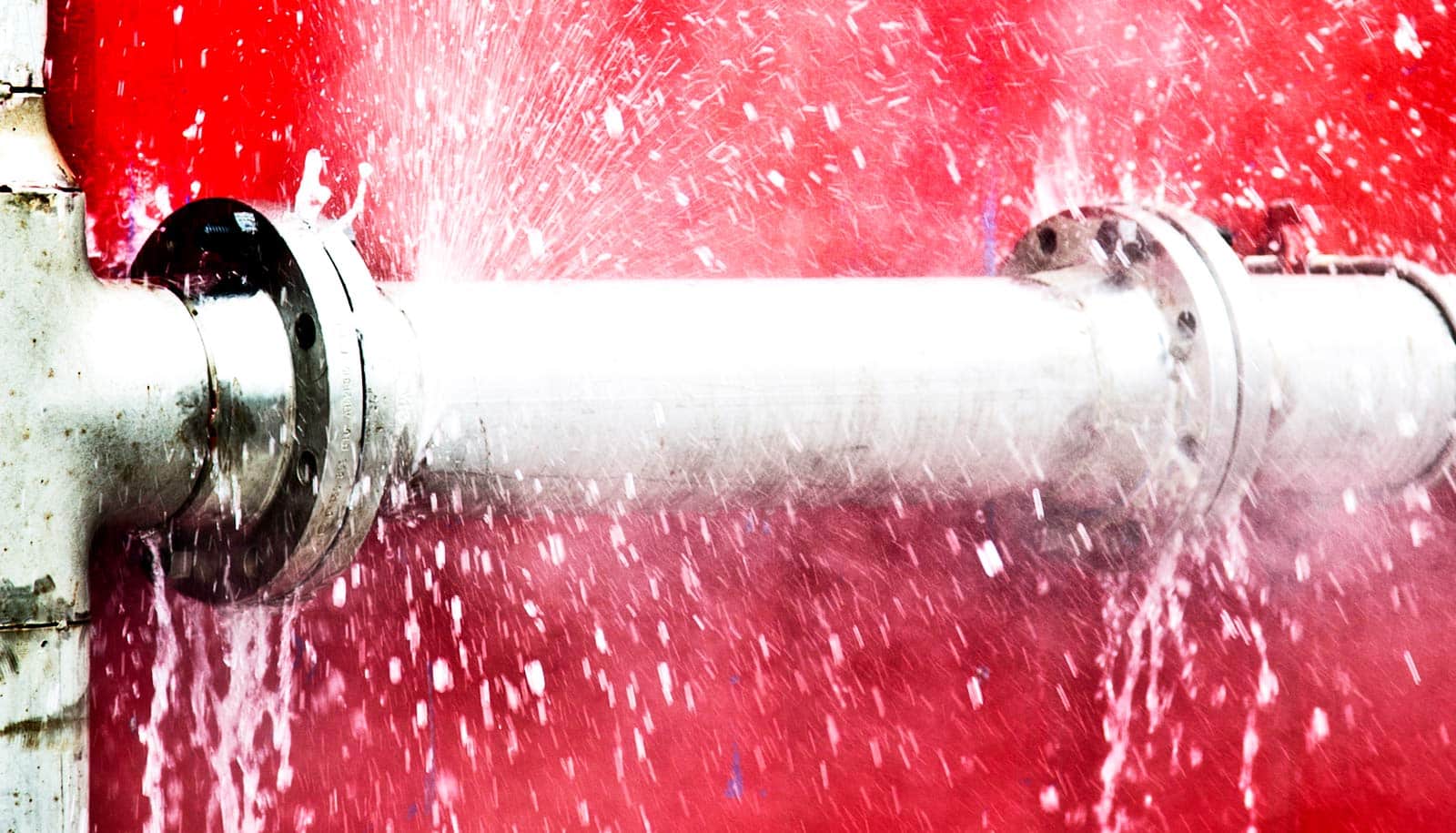Scientists have discovered a control mechanism that regulates the traffic of cells and substances across blood vessels, which can affect cancer metastasis.
Nanoparticles play a role in various biomedical applications, including the diagnosis and treatment of cancer. Drug releasing nanoparticles could be programmed to deliver drugs locally at the tumor site. However, recent studies have shown that these nanoparticles can lead to the formation of micrometer-sized gaps in the walls of blood vessels, making them “leaky.” In cancer patients, these gaps could make it easier for surviving cancer cells to escape from their primary sites into other parts of the body.
A research team discovered that Angiopoeitin-1 (a type of protein) can help close the gaps in the blood vessels caused by nanoparticles and reduce their permeability. This, in turn, controls the passage of substances and molecules through the walls of the blood vessels. By adjusting the amount of Angiopoeitin-1 in the body, the researchers found that they can limit and reverse the “leakiness” induced in blood vessels by nanoparticles in biomedical applications.
In their experiments, the research team administered breast cancer cells beneath the skin of mice and then introduced titanium dioxide nanoparticles into their blood vessels. They established that the nanoparticles increased the leakage of cancer cells into the blood vessels. This leakage effect can enhance the movement of circulating cancer cells to distant tissues, which may result in the formation of new secondary cancer sites previously not accessible to the cancer cells.
Following up on this, the team found that Angiopoeitin-1 acts as a growth factor to TIE2, a cell surface regulator found naturally in our blood vessels. When there are more Angiopoeitin-1, TIE2 protein is localized and stimulated to close up the gaps in the blood vessels which could be caused by the nanoparticles. This in turn reduces the permeability of the blood vessels and limits the amount of cancer cells leaking into the blood stream.
“The study showed that Angiopoeitin-1 could potentially be used as a counter mechanism to limit and reverse the leakiness induced by nanoparticles,” says Ho Han Kiat of the National University of Singapore pharmacy department. “This helps to decrease the extravasation and transportation of cancer cells to other tissues in cancer patients.”
David Leong, from the chemical and biomolecular engineering department at NUS, is a coauthor of the studies, which appear in the journals Nature Nanotechnology and Nanotoxicology.
Source: National University of Singapore



